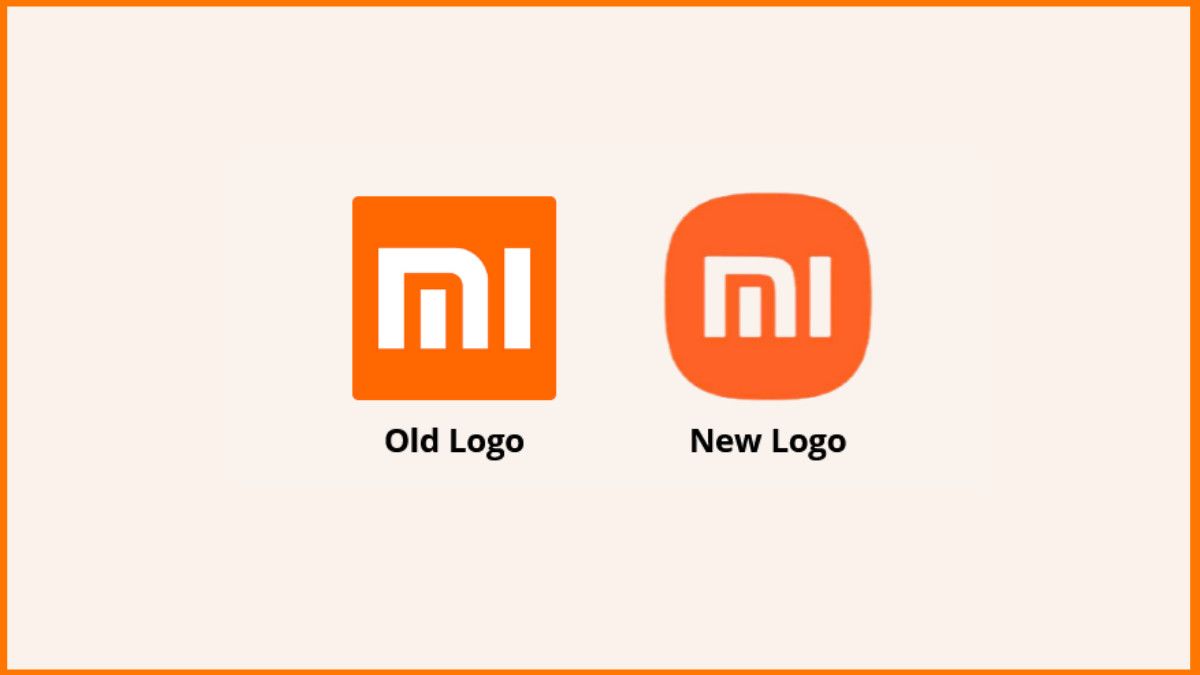Zhang Yiming is the quiet architect behind one of the world’s most influential tech empires. In 2025, Zhang became one of the wealthiest men in China with a net worth of over $60 billion. As the co-founder of ByteDance, the parent company of TikTok, Zhang has stealthily climbed to the top of the global billionaire leaderboard in 2025.
His company is responsible for TikTok, CapCut, Doubao (China’s leading AI assistant), and a growing suite of productivity, entertainment, and AI products. ByteDance has gone far beyond short videos; it is now spearheading China’s global AI race.
Even though he stepped away from the limelight, the impact of his vision is louder than ever, shaping everything from your social feed to the next wave of AI.
Zhang Yiming – Biography
| Name | Zhang Yiming |
|---|---|
| Born | April 1, 1983 |
| Nationality | Chinese |
| Profession | Entrepreneur, Founder of ByteDance |
| Education | Software Engineering, Nankai University |
| Known For | Founding TikTok and ByteDance |
| Net Worth | $65.5 Billion |
Zhang Yiming – Early Life and Career Development
Zhang was born in Longyan, Fujian, China. A software engineer by education, he graduated from Nankai University in 2005. After graduating from Nankai University in 2005 with a software engineering degree, he worked at tech giants like Microsoft and the travel platform Kuxun. There, he honed his skills and developed a passion for creating digital products that weren’t just functional but indispensable.
Zhang Yiming – From Engineer to Entrepreneurial Powerhouse
After graduating in software engineering from Nankai University, Zhang’s first job was at a startup, followed by a brief stint at Microsoft. But he found the corporate culture stifling. He wanted to create, to move fast, and to shape how people interact with information.
In 2009, he co-founded 99fang.com, a real estate search engine—his first brush with building algorithmic content recommendations. But it wasn’t until 2012 that he took a leap that would reshape the internet.
The First Spark – News That Read Your Mind
Before he became a global tech name, Zhang sharpened his skills at places like Kuxun (a travel startup later acquired by TripAdvisor) and Microsoft. But he quickly found corporate life too slow. In 2012, from a small apartment in Beijing, he launched ByteDance and rolled out Toutiao, a news aggregator whose algorithm learned what users liked and fed them more of it.
Toutiao broke from the traditional mold—it was built on a machine learning core and didn’t rely on human editors. That was radical in 2012. Within two years, Toutiao had over 13 million daily active users and quickly became a staple app in China’s mobile ecosystem
ByteDance – Built on Code, Powered by Culture
ByteDance wasn’t just another app developer. Zhang positioned it early as an algorithm-first company, and as mobile content consumption exploded in China, that decision paid off. ByteDance attracted attention from top VCs, including Sequoia Capital, and began quietly building an ecosystem of apps from learning platforms to productivity tools.
By 2016, Zhang had already assembled a world-class team of engineers and data scientists. His hiring philosophy was simple: “Hire smart people and give them freedom.” ByteDance became known for its engineering culture, intense, iterative, and deeply analytical.

The Global Bet -TikTok
In 2016, ByteDance launched Douyin in China. Seeing the same trend in Western markets, Zhang doubled down and launched TikTok internationally in 2017.
But the game-changer came later that year ByteDance acquired U.S.-based lip-syncing app Musical.ly for $1 billion and merged it with TikTok. That gave the company a solid Western foothold with a Gen Z user base, especially in the U.S.
By 2019, TikTok was the most downloaded app worldwide, even beating Facebook and WhatsApp. Its algorithm, honed by years of work on Toutiao, delivered eerily accurate, personalized content that made it impossible to stop scrolling.
As of 2025:
- TikTok has 2.3 billion+ monthly active users
- Over 50% of Gen Z globally use it daily
- It contributes more than 60% to ByteDance’s total ad revenue
Zhang’s masterstroke was not just building a viral app it was designing a distribution engine that constantly learns and evolves. TikTok’s For You feed has become the gold standard for algorithmic engagement.

Zhang Yiming – Leading China’s AI Charge
In 2025, ByteDance is not just a social media company; it’s one of China’s most advanced AI players. Its chatbot, Doubao, recently beat Baidu’s ERNIE and iFlytek’s Spark in benchmark tests across language generation, reasoning, and translation. ByteDance also announced its own AI chip division to reduce dependence on Nvidia and ensure long-term autonomy.
In March 2025, ByteDance launched Doubao 2.0, capable of generating text, code, and video content. It beat GPT-4 Turbo and Ernie Bot in Chinese creative writing benchmarks and became the most-used AI assistant in China. With Doubao, Zhang is positioning ByteDance not just as a content empire, but as a full-stack AI company from chips to models to consumer products.
Zhang Yiming’s Secret Formula – Silent but Unstoppable
While other tech CEOs chase the spotlight, Zhang Yiming operates differently, quietly, precisely, and relentlessly. No flashy tweets, no viral blog posts. Instead, his influence runs deep behind the scenes. Insiders reveal that his product review sessions are legendary: intense, hyper-technical, and ruthlessly data-driven. Even as ByteDance scales, every major move still bears his strategic mark.
Zhang is a student of the best. In ByteDance’s early days, he devoured Amazon’s internal memos, dissected Google’s OKRs, and absorbed Netflix’s culture playbook, reverse-engineering greatness to build something even better.
His guiding principle?
“Don’t follow the crowd. Build the system that adapts to each user.”
Zhang Yiming – Building A Digital Empire
ByteDance is now a tech titan, with products across sectors:
- TikTok – Social media king
- CapCut – Top-tier editing app for creators
- Lark – Workplace collaboration software
- Doubao – AI assistant rivaling ChatGPT in Asia
- PICO – ByteDance’s VR headset brand
In 2024, the company generated $130 billion in revenue, overtaking Alibaba and Tencent for the first time (Bloomberg, Feb 2025). Advertising, AI tools, and enterprise software are now its top revenue streams.
ByteDance is even testing ByteOS, a proprietary operating system for smart devices, making it a direct competitor to Google and Apple in the long term.
Zhang Yiming – Interesting Facts
- He Never Wanted to Be a CEO – Despite founding one of the biggest tech companies in the world, Zhang has always been transparent about not enjoying management roles. He described himself as “not very social” and admitted he didn’t have the personality traits of a conventional CEO.
- Built a Global Company Without Leaving China – Interestingly, Zhang built ByteDance into one of the most globally successful companies without relocating to Silicon Valley or opening himself to the Western press. ByteDance’s success in the U.S., India (before the ban), Europe, and Southeast Asia was orchestrated almost entirely by Beijing.
- A Big Believer in Global Benchmarking – Zhang reportedly made his early ByteDance team study internal documents from Amazon, Netflix, and Google. ByteDance’s global ambition was deeply inspired by how these companies scaled across cultures.
- His Code Helped Build Toutiao’s First Algorithm – Unlike many tech founders, Zhang wrote a significant portion of the first version of Toutiao’s algorithm himself.

FAQs
Who is Zhang Yiming?
Zhang Yiming is a Chinese internet entrepreneur and the founder of ByteDance, the parent company of popular platforms like TikTok and news aggregator Toutiao.
What is Zhang Yiming’s educational background?
Zhang Yiming graduated from Nankai University in Tianjin, China, with a degree in Software Engineering in 2005. He initially majored in microelectronics before switching.
How did Zhang Yiming start his entrepreneurial journey?
Before founding ByteDance in 2012, Zhang worked at several startups, including a travel website Kuxun and briefly at Microsoft. He also founded a real estate search website called 99fang.com.


























